For All the Tea in China: How England Stole the World’s Favorite Drink and Changed History
“If ever there was a book to read in the company of a nice cuppa, this is it.” -The Washington Post In the dramatic story of one of the greatest acts of corporate espionage ever committed, Sarah Rose recounts the fascinating, unlikely circumstances surrounding a turning point in economic history. By the middle of the
“If ever there was a book to read in the company of a nice cuppa, this is it.” -The Washington Post
In the dramatic story of one of the greatest acts of corporate espionage ever committed, Sarah Rose recounts the fascinating, unlikely circumstances surrounding a turning point in economic history. By the middle of the nineteenth century, the British East India Company faced the loss of its monopoly on the fantastically lucrative tea trade with China, forcing it to make the drastic decision of sending Scottish botanist Robert Fortune to steal the crop from deep within China and bring it back to British plantations in India. Fortune’s danger-filled odyssey, magnificently recounted here, reads like adventure fiction, revealing a long-forgotten chapter of the past and the wondrous origins of a seemingly ordinary beverage.
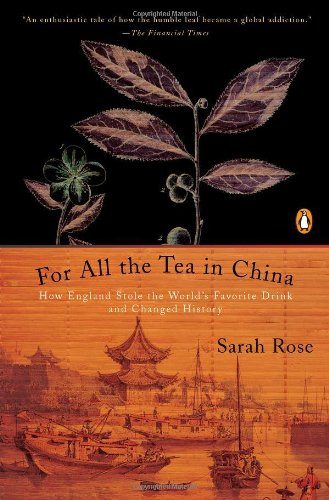
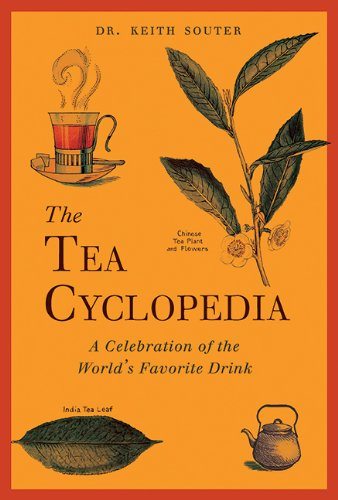
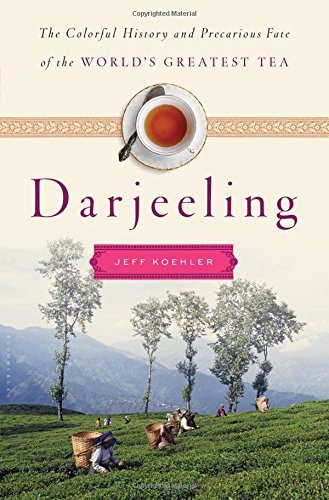
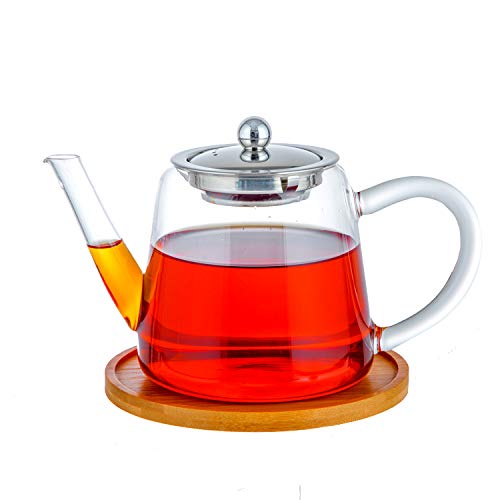
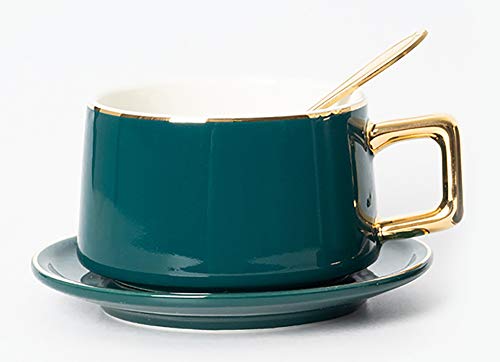


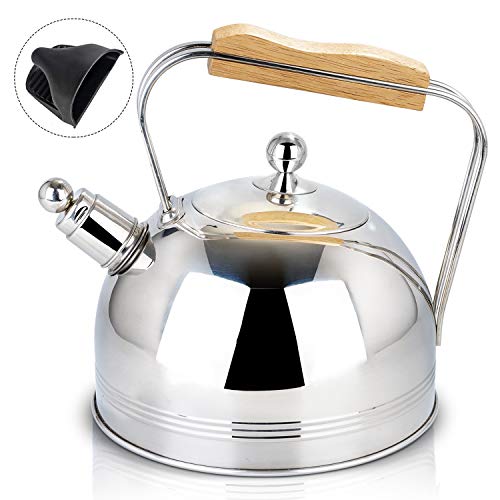
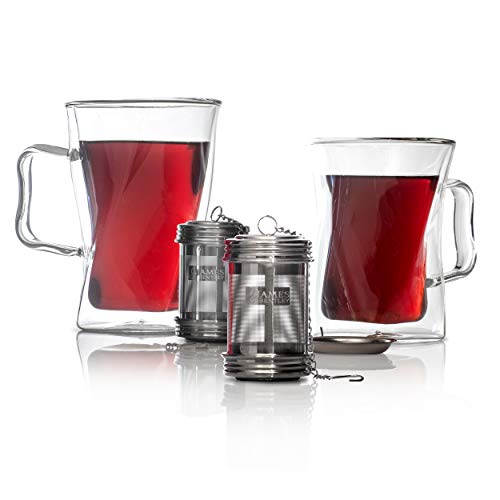
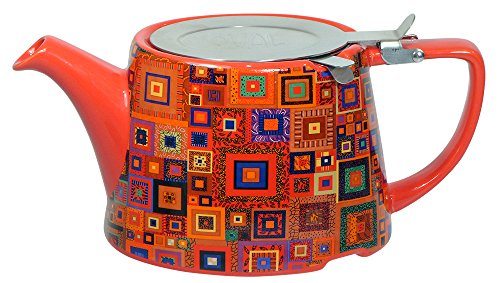
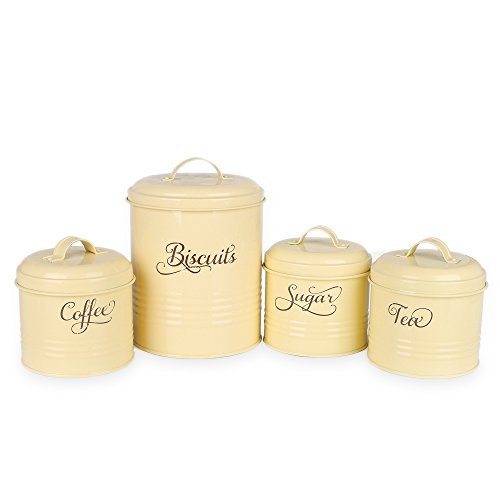

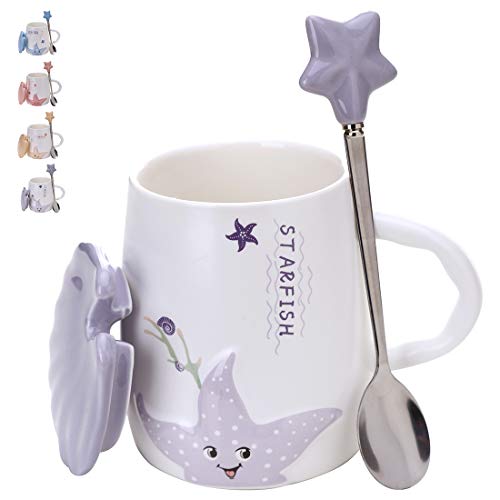
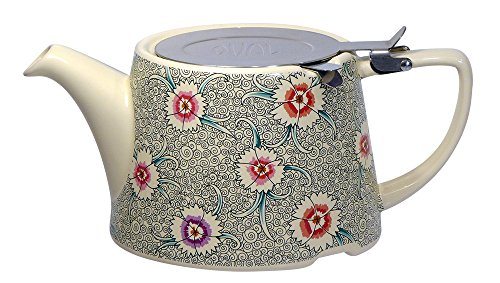
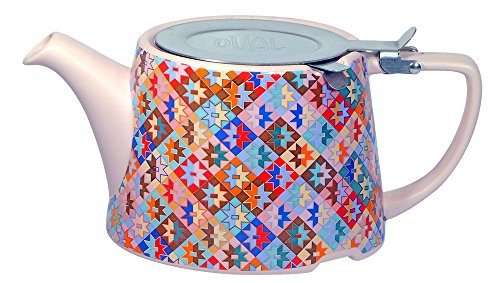
A Swashbuckling Scientist and Gardener! Sarah Rose has rescued the aptly named Robert Fortune from the footnotes of Victorian obscurity and written an engrossing story explaining one of the great heists of history: how the British stole tea plants from China and successfully transplanted them in India. It’s a spy story for gardeners in which daring-do and botany coexist on every page.Robert Fortune was the son of a Scottish farm worker. Lacking the means to get a formal education, Fortune learned his skills from…
Nonfiction? One thing that this book has going for it – and the only thing, really – is that the topic is interesting. I love looking at globalization from a historical perspective, and this does that. I do have a background in history – I am not an academic, but my undergraduate degree was in the field. As such, I was a little skeptical about her comment in the Notes “As this is a work of popular history, not a scholarly undertaking, I have avoided the use of footnotes and tried to steer clear of…
“Tea is not so much a thing as a cupful of effects” The genre of how one product changed our lives flourishes, and perhaps Britain more than America was so altered by the export of cheap, tasty black tea in Victorian times. Yet, Rose shows how globalization, the drug trade, rapid transport, and botanical espionage and corporate deceit managed to boost Robert Fortune into his modest role as the East India Company’s operative who’d pluck Chinese tea seeds and smuggle them out in glass boxes to India, where they would become the hybrids mingled…